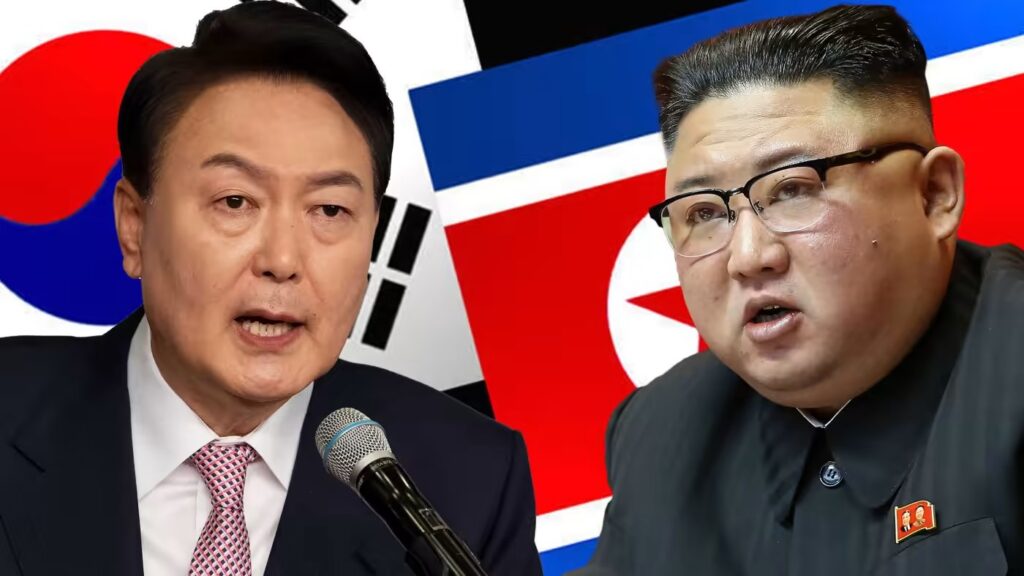
North Korean leader Kim Jong Un has announced a historic departure from decades-long policies, stating that unification with South Korea is no longer possible. In a speech at the Supreme People’s Assembly, Kim declared South Korea the “principal enemy” and called for changes to the constitution. He ordered the closure of organizations dedicated to reunification, emphasizing that the North-South relationship is now that of two hostile countries. Kim’s unprecedented remarks come amid heightened tensions on the Korean Peninsula.
South Korea’s President Yoon Suk Yeol responded, warning of a “multiple times stronger” retaliation to any provocation from the North. Analysts note that Kim’s shift in stance, departing from the policy of unification, is a significant ideological change for North Korea. The recent deterioration in relations includes the suspension of a military deal and provocative actions from the North, raising concerns about the risk of escalation.
Kim’s abandonment of the unification goal will likely impact South Korean politics, especially as the country approaches parliamentary elections in April. The South Korean left’s policy of engagement with the North faces challenges, and constitutional commitments to eventual reunification may come into question.

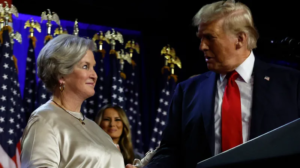
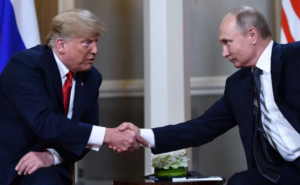
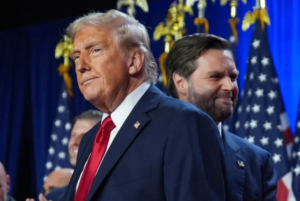

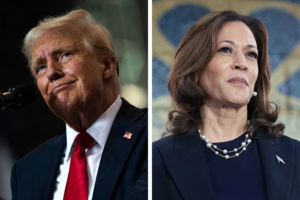
Be First to Comment